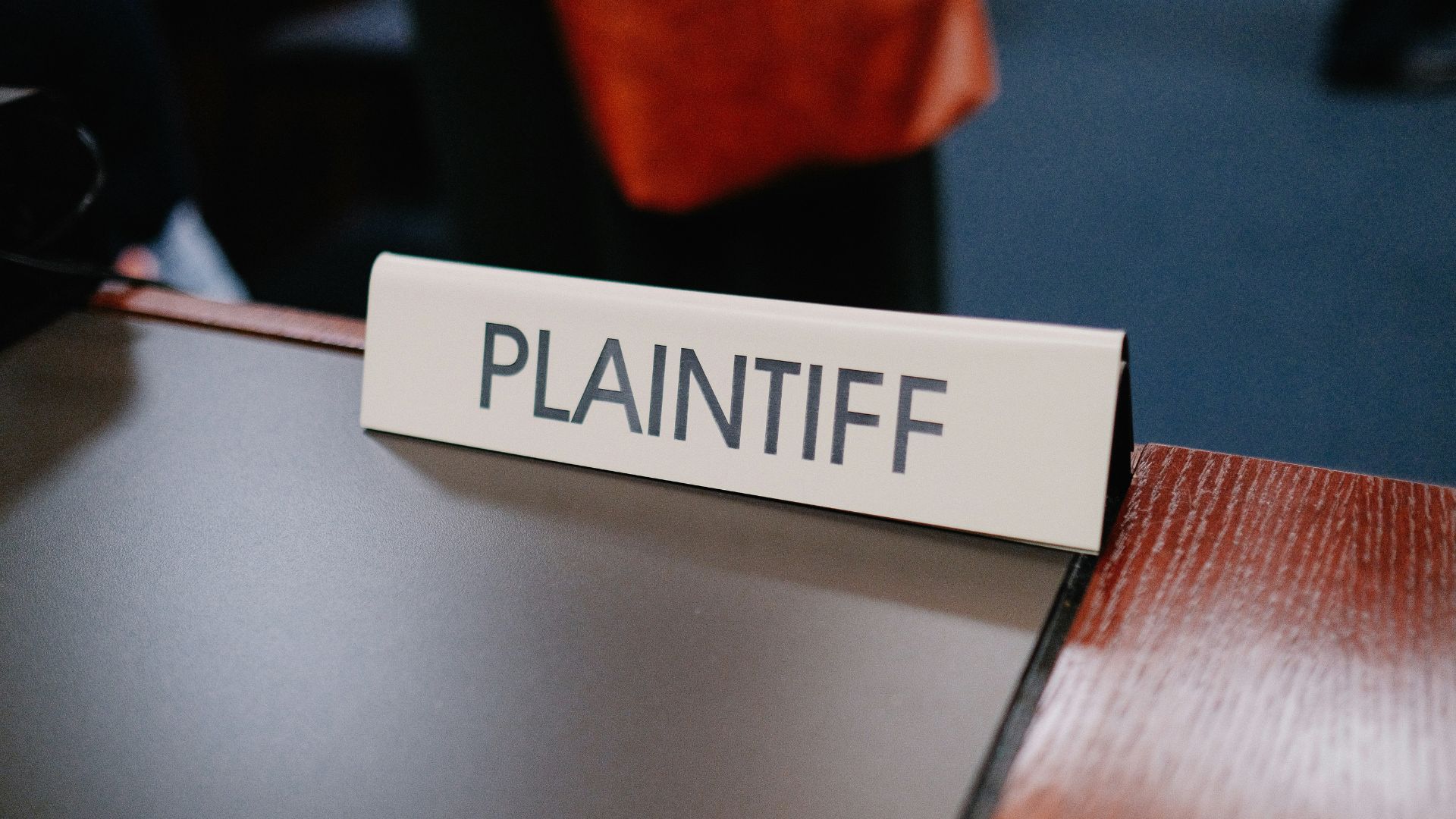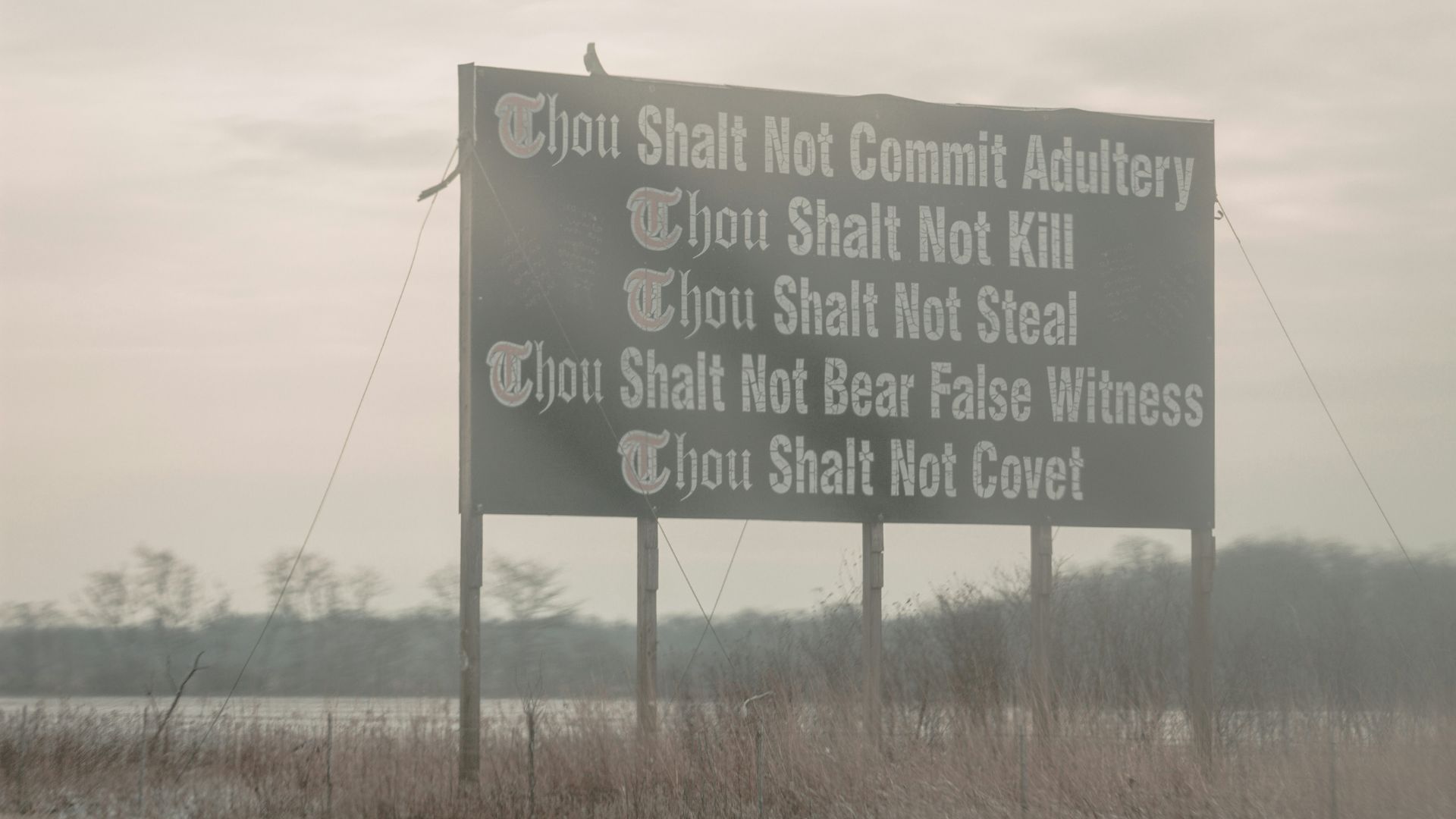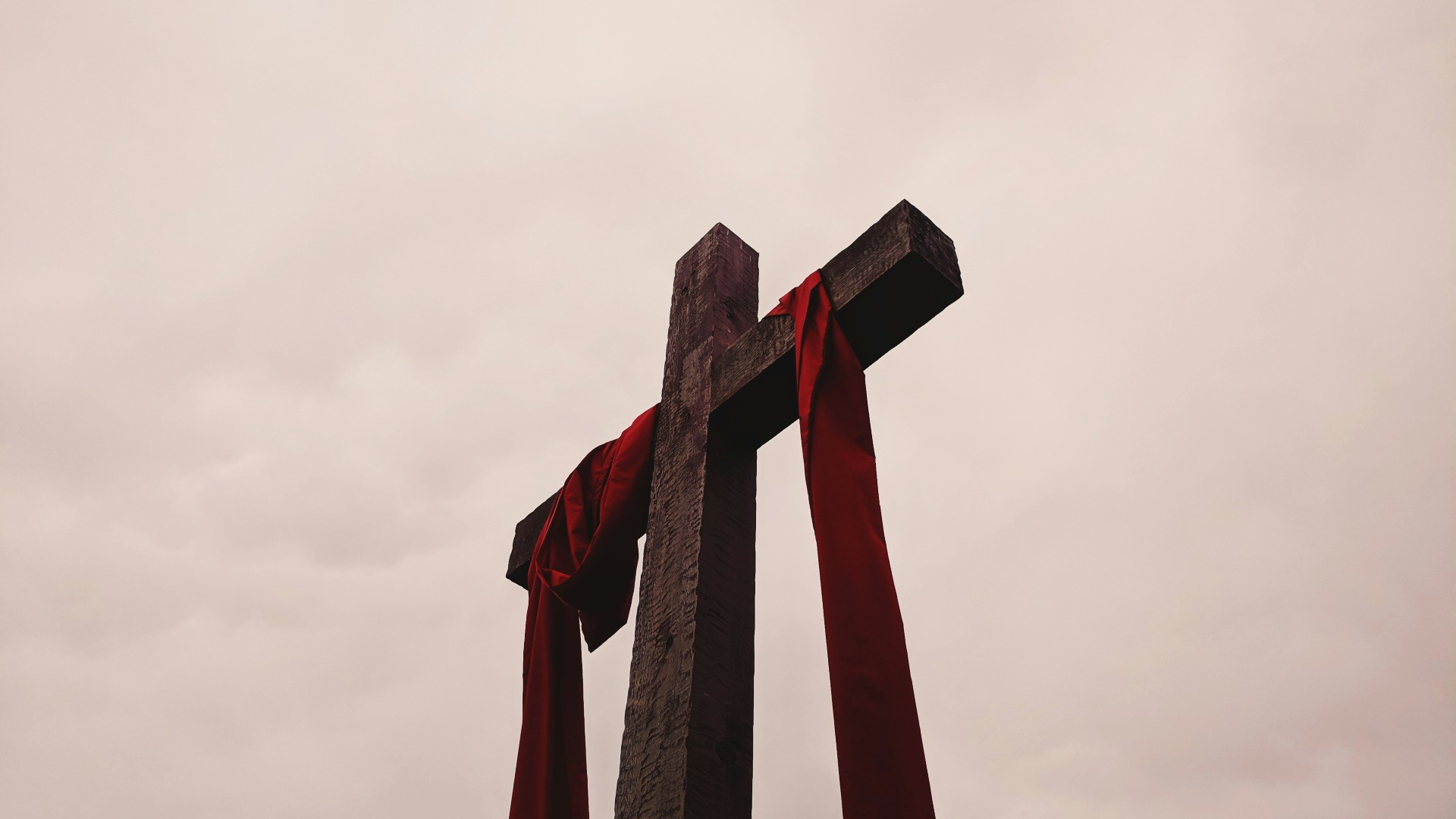On Monday, civil liberty groups banned together to filed a lawsuit that attempts to block a new Louisana law that would require displays of the Ten Commandments in every state public classroom.
The lawsuit argues that this law violates the United States First Amendment of the Constitution regarding the government making establishments of religion and the separation of church and state.
Lawsuit Promise

The Lousiana ACLU previously announced an intent to file a lawsuit following the passage of HB 71 earlier this month.
“The American Civil Liberties Union, the American Civil Liberties Union of Louisiana, Americans United for Separation of Church and State, and the Freedom from Religion Foundation announced today that they will file suit to challenge a new Louisiana law that requires all public elementary, secondary, and postsecondary schools to display the Ten Commandments in every classroom,” said an ACLU press release in June.
Promise Fulfilled

In a new statement on Tuesday, the ACLU officially announced the lawsuit which included “a multi-faith group of nine Louisiana families with children in public schools” as the plaintiffs.
“The plaintiffs in Roake v. Brumley, including Jewish parents and parents who are pastors and reverends, are represented by the American Civil Liberties Union, the American Civil Liberties Union of Louisiana, Americans United for Separation of Church and State, and the Freedom from Religion Foundation, with Simpson Thacher & Bartlett LLP serving as pro bono counsel,” said the ACLU.
Plaintiff Statements

The ACLU also published statements from plaintiffs in the case, who expressed their disapproval of the new law.
“As an interfaith family, we strongly value religious inclusion and diversity, and we teach our children that all people are equal and have inherent dignity and worth. The Ten Commandments displays required by this law fly in the face of these values and send a message of religious intolerance,” said Reverend Darcy Roake & Adrian Van Young.
Religious Favoritism

Reverend Jeff Simms, a Presbyterian pastor and plaintiff in the case, accused the law of favoritism.
“This display sends a message to my children and other students that people of some religious dominations are superior to others,” said Simms. “This is religious favoritism.”
Imposing Religious Beliefs

The lawsuit accuses the state of Louisana of trying to force religious beliefs on the public through this new law.
“The state’s main interest in passing H.B. 71 was to impose religious beliefs on public-school children, regardless of the harm to students and families,” the lawsuit says. “The law’s primary sponsor and author, Representative Dodie Horton, proclaimed during debate over the bill that it ‘seeks to have a display of God’s law in the classroom for children to see what He says is right and what He says is wrong.’”
HB 71

Louisiana Governor Jeff Landry officially signed House Bill 71 into law on June 19. This law would go into effect at the beginning of next year and would require all education institutions receiving state funding to have displays of the Ten Commandments in every classroom.
The law also requires that there is accompanying text with the Ten Commandments to explain their place in American history.
Deep History

Supporters of the displays argue that their inclusion in the classroom is for historical legal significance that supersedes any claims of religious favoritism.
Landry gave a recent interview where he affirmed his belief in displaying historical documents, “especially something that is as important as the Ten Commandments.”
Ten Commandment Versions

Opponents of the displays argue that there are many versions of the Ten Commandments, and the fact that HB 71 mandates only one type amounts to discrimination.
“By favoring one version of the Ten Commandments and mandating that it be posted in public schools, the government is intruding on deeply personal matters of religion. I believe that it’s critical for my children to receive and understand scripture within the context of our faith, which honors God’s gift of diversity and teaches that all people are equal,” said Plaintiff Reverend Jeff Sims.
Separation of Church and State

Another argument levied by detractors of the law is that it violates a legal precedent in the US for the separation of church and state.
“Public schools are not Sunday schools. We must protect the individual right of students and families to choose their own faith or no faith at all. The separation of church and state is a bedrock of our nation’s founding principles; the Ten Commandments are not,” said executive director of the Lousiana ACLU Alanah Odoms.
Judeo Christian Principles
Landry has pushed back against critic claims that the law was unconstitutional and violated the separation of church and state.
“Look, when the Supreme Court meets, the doors of the Supreme Court on the backside have the Ten Commandments. Moses faces the U.S. Speaker of the House in the House chamber. He is the original giver of law,” said Governor Landry in defense of the bill signing. “Most of our laws in this country are founded on the Ten Commandments, what’s the big problem? And that’s the part I don’t understand.”
Response to the Lawsuit

Louisana Attorney General Elizabeth Murril issued a statement in response to news of the lawsuit, saying she could not comment on it directly because she hadn’t seen it yet, but criticized the ACLU’s actions.
“It seems the ACLU only selectively cares about the First Amendment — it doesn’t care when the Biden administration censors speech or arrests pro-life protesters, but apparently it will fight to prevent posters that discuss our own legal history,” said Murril.
